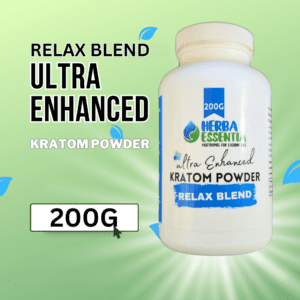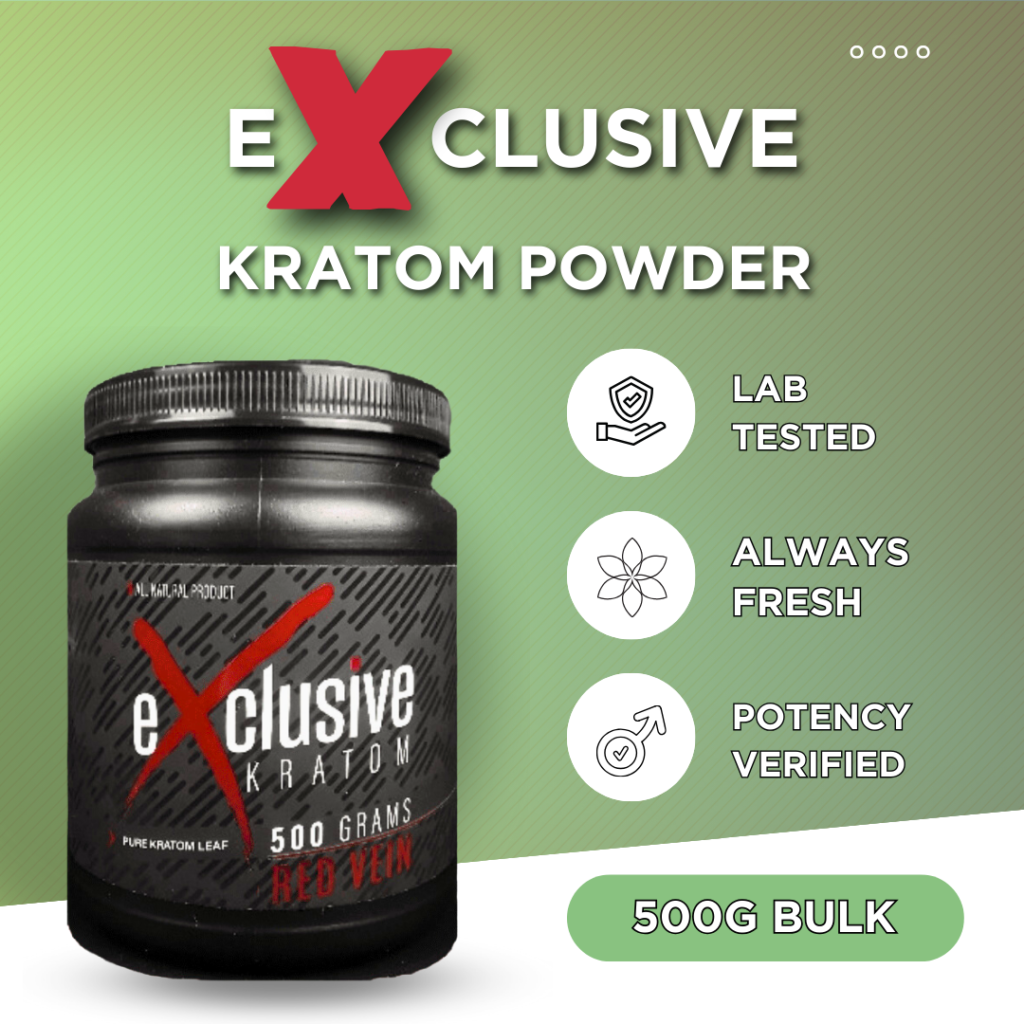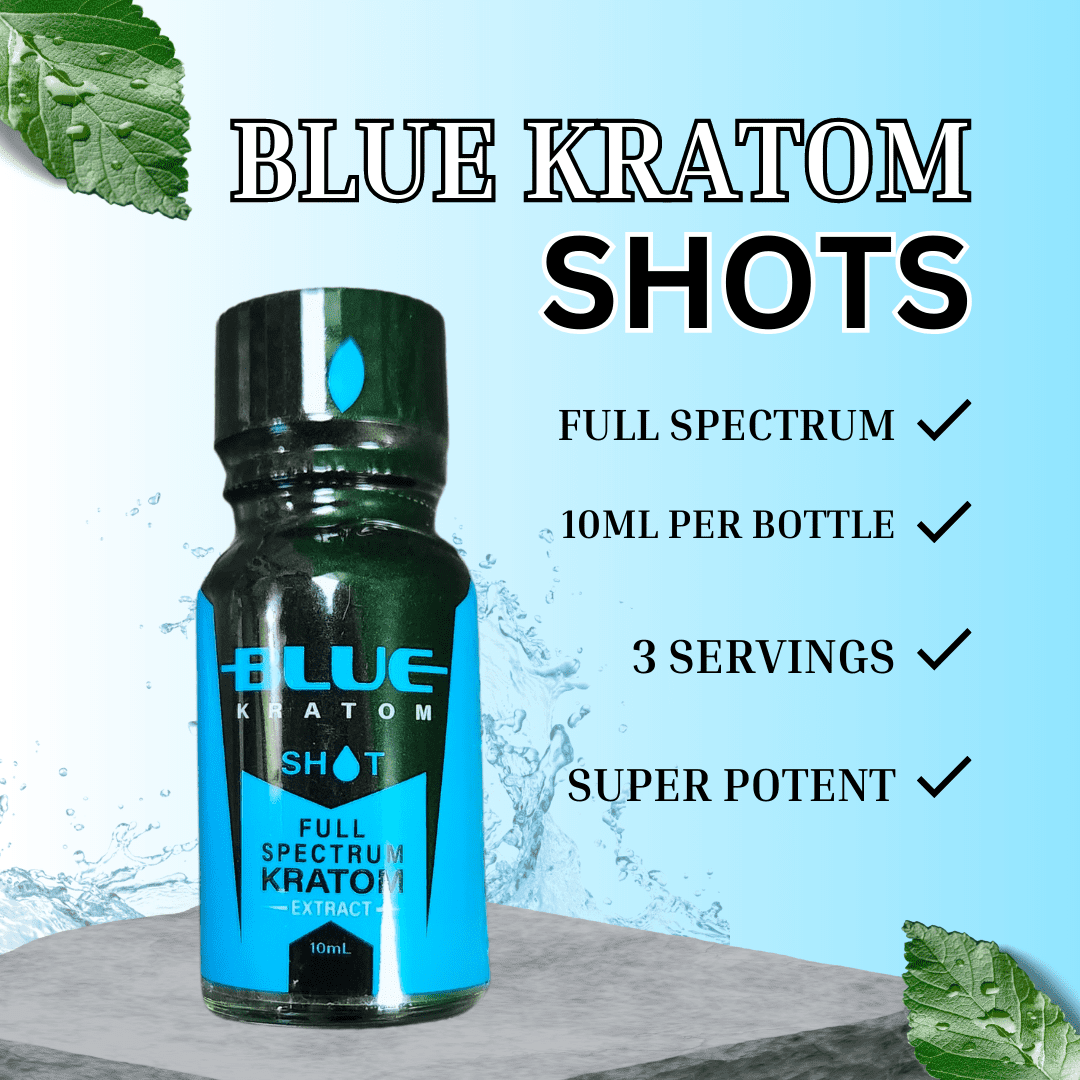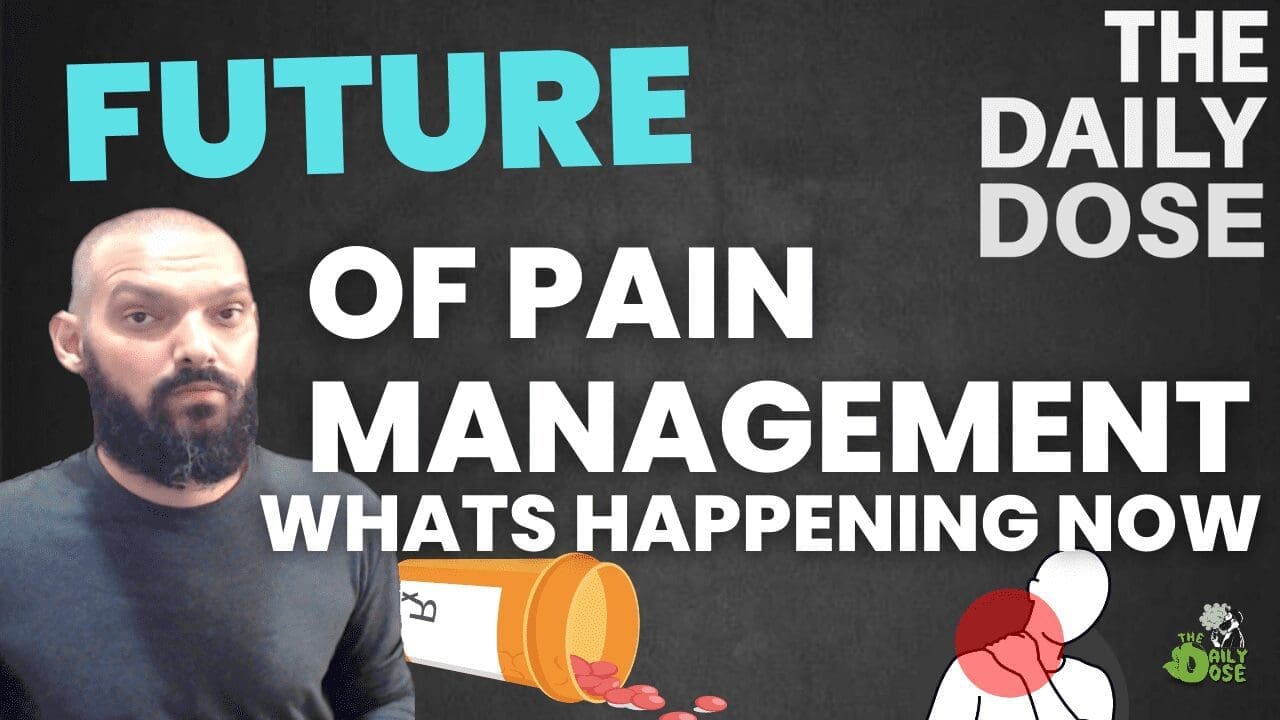Key Takeaways
- Personalized medicine and neuromodulation represent the forefront of pain management advancements.
- Tailored treatments promise improved efficacy and fewer side effects, though cost remains a significant barrier.
- Neuromodulation offers versatile, long-term relief for chronic pain, with technology playing a key role in patient care.
- The complexity and cost of developing new treatments may slow progress but also drive innovation in pain relief strategies.
- As these advancements become more accessible, they have the potential to dramatically improve the quality of life for individuals suffering from pain.
Table of Contents
Pain Management As We Know It
Pain is a common experience that affects millions of people worldwide. Whether it’s acute pain resulting from an injury or chronic pain that persists over time, finding effective ways to manage pain is crucial to maintaining quality of life.
The good news is that the field of pain management is constantly evolving, and new technologies and treatments are emerging that promise to revolutionize the way we approach pain relief. In this article, we’ll explore the latest advancements and innovations in pain management and what patients can expect in the years to come.
SUMMARY
The future of pain management is bright, with personalized medicine and neuromodulation techniques offering promising new avenues for treatment. While challenges such as cost and complexity remain, these advancements hold the potential to transform pain relief and improve patient outcomes significantly.

The Future: What to Expect
Advancements in Drug Therapies: For decades, pharmaceuticals have been the primary method of pain management. However, there are limitations to traditional pain medications, such as the risk of addiction, side effects, and the potential for abuse.
In the future, we can expect to see new drug therapies that offer more targeted and personalized pain relief. For example, researchers are exploring the use of genetic testing to predict a patient’s response to certain medications, allowing for more individualized treatment plans.

New Methodologies Explored
Non-Invasive and Non-Pharmacological Approaches: In addition to drug therapies, non-invasive and non-pharmacological approaches to pain management are gaining popularity. For example, neurostimulation devices, which use electrical impulses to interfere with pain signals, are becoming more widely used for chronic pain conditions.
Similarly, physical therapy and other rehabilitative techniques are being used to address the underlying causes of pain, rather than simply masking the symptoms with medication.
Virtual Reality and Mindfulness: Virtual reality (VR) and mindfulness practices are also being explored as potential pain management techniques. VR technology can be used to distract patients from pain during medical procedures, while mindfulness-based stress reduction techniques can help patients manage chronic pain by changing their relationship with their pain.

What’s Been Happening: Alternative Treatments
The last several years medical professionals specifically prescribing doctors have been pulling back, reducing and even eliminating medications for all patients. One would think these were data driven decisions right, but what if it was a blanket on all patients across the board even those with seriously debilitating pain.
It’s what’s been happening, I have spoken to hundreds of people the last 5 years all of which complain saying their medications have been cut without notice or consideration.
The situation is sad for millions of people nationwide, medications that provided some level of comfort and improved quality of life have been taken away. The individuals effected aren’t addicts nor are they casual users. Most of these cases were relating to serious disease such as Lupus and other auto immune diseases.
Truth is the last resort people have had since these drastic cutbacks have been all natural herbal supplements such as kratom or kanna both have shown incredible results for many of the people who were forced to seek out alternatives after their meds were cut without notice.
Herbal supplements provide a much wider all natural range of health and wellness products and it’s the reason most have leaned in more and more over the years.
Herbal supplements often provide much of the nutrients needed that food you consume lacks. In some cases they hold remarkable properties for immune support, cognitive and neuroprotective properties and for some pain relief.

Conclusion: Medical Advancements
The future of pain management looks promising, with new technologies and treatments emerging that offer more personalized and effective approaches to pain relief. From non-invasive and non-pharmacological approaches to virtual reality and mindfulness practices, patients can expect to have a wider range of options when it comes to managing their pain.
As research continues to advance, we can expect to see even more innovative solutions to one of the most common and challenging health issues of our time.
FAQs
What is personalized medicine in pain management?
Personalized medicine involves tailoring pain management strategies to an individual’s genetic makeup, health history, and specific pain mechanisms to improve treatment outcomes.
How do neuromodulation techniques work?
Neuromodulation techniques work by altering nerve activity through electrical stimulation or medication delivery systems to relieve pain.
Are these advanced pain management options available to everyone?
While becoming more accessible, these options are still limited by factors such as cost, healthcare infrastructure, and geographical location.
What are the potential risks of neuromodulation?
Risks include infection, device malfunction, and, in rare cases, unintended changes in nerve function.
How can personalized medicine improve the future of pain management?
By providing more accurate, effective, and individualized treatment options, personalized medicine can lead to better pain control and fewer side effects.
Related Articles:
Meet The Author





